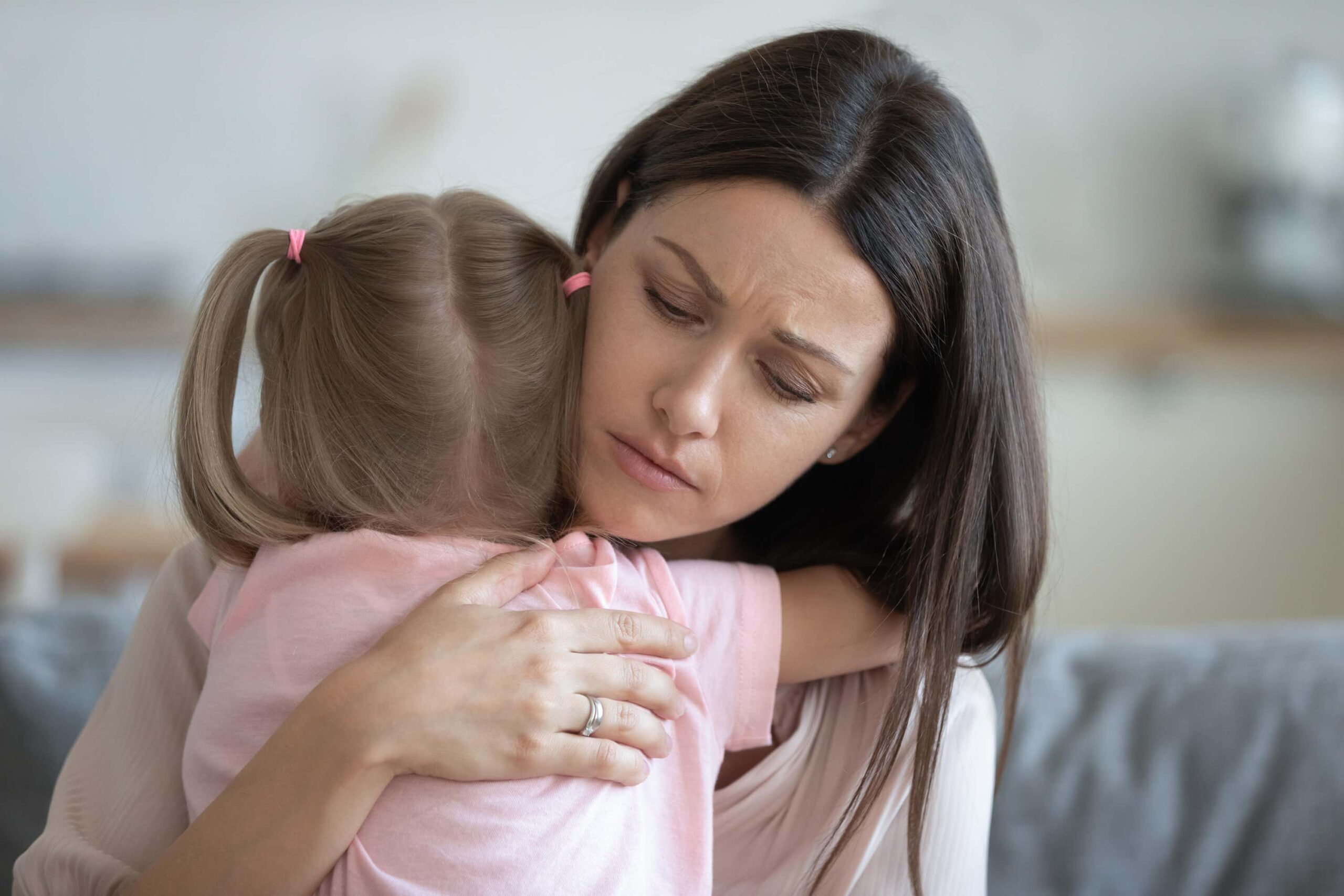We’re thinking of adopting, but we’re worried that a child placed with us might be so screwed up that it would ruin our lives. Do many adopted children have psychological and/or emotional problems?
Speaking as World Adoption Day begins, child and adolescent psychotherapist Alison Roy, a spokesperson for the Association of Child Psychotherapists and author of A For Adoption; An Exploration of the Adoption Experience for Families and Professionals, says: “A child placed for adoption may well arrive with a number of potential difficulties.
It’s unlikely to be easy and it’s important to try to prepare yourself well for the journey.
“Many of the adoptive parents I work with, who now have support and the company of other adopters, find there are many joys as well as challenges to family life.
“The key is getting support as early as possible and asking the questions that will give you a good understanding of your child.
“Many prospective adopters feel they have to be on their best behaviour for assessing social workers in order to be approved for adoption and are afraid to ask questions about the birth family and the child’s early history.
As prospective parents, you need to know if your child was exposed to substances in the womb, for example, or if their birth parent/s had significant mental health problems.
“If you struggle to bear these painful and complicated aspects of your child’s history, you may struggle to enable them to come to terms with their own story.
“Understanding your potential vulnerabilities and what’s led to your decision to adopt is really important too.
Parenting a child who may be very different to you can be a struggle, but it can also be rewarding. It isn’t a happy ever after fairy tale – it can feel like one big muddle.
“Being open to your child’s questions and worries and validating their experiences – the ones they often can’t put into words – will improve your connection with them and help you understand their behaviour as communication, rather than feeling they’re rejecting you.
”The experience of adoption can stir up deep emotional pain, often related to loss and early trauma. I worry that not enough consideration is given to more long-term, consistent, and multi-professional support.
This help is too often not available, even when the complex difficulties seem to be affecting every area of a child’s life. Children and their adoptive parents need specialist support like the interventions offered by child and adolescent psychotherapists, in order to make sense of their feelings.
“The new National Adoption Strategy, while a welcome approach to breaking down the barriers for would-be adopters, doesn’t set out how those already struggling will be supported.
As a professional working with adoptive families, I’d like to see more investment in longer term support and a greater understanding of the challenges these families can face.”





